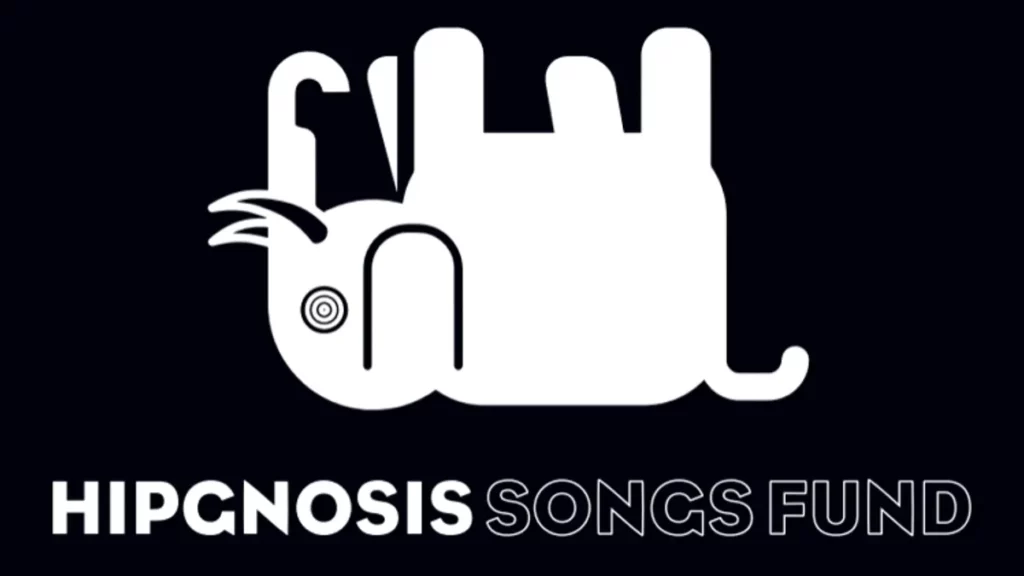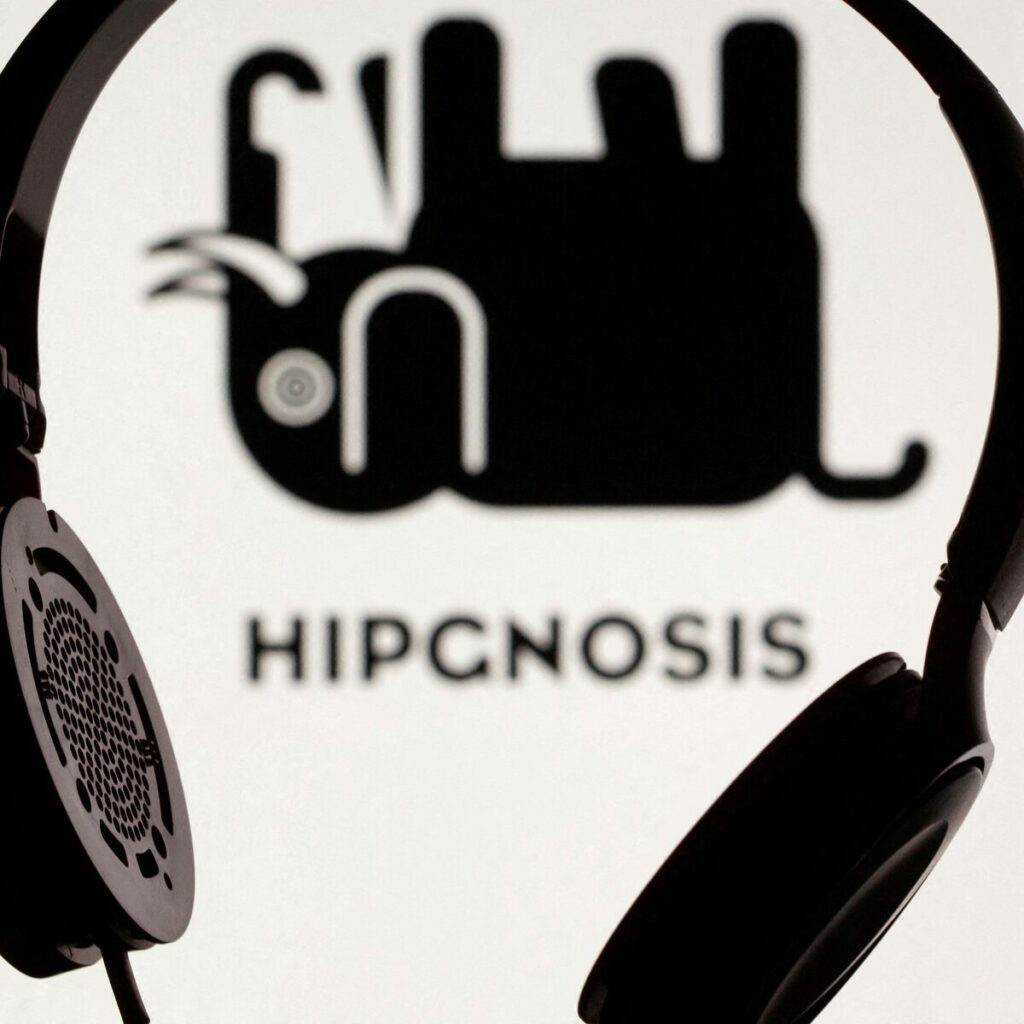Hipgnosis Songs Fund (HSF) has quit the London Stock Exchange, but the narrative is far from done. The IP acquisition firm is apparently leading a multimillion-dollar lawsuit against Barry Manilow over bonus payments.
The High Court legal action was made public by a docket update and stories from sites such as the Financial Times. Manilow was very early to the catalog-sale party, selling his body of work to HSF in August 2020.
Of course, a lot has occurred since then, including HSF’s sale to Blackstone, market changes, and movements within the catalog industry itself. Furthermore, despite the music fund’s well-documented operational issues, including a management-versus-shareholders confrontation that culminated in the Blackstone transaction, legally mandated bonuses have received little attention in 2024.
READ MORE: Queen ‘Agrees One Billion Pound Deal’ To Sell The Iconic Catalog Of Music
However, it is no secret that large offers were necessary as the firm carried out its song-rights landgrab. Less well known is that many of the large transactions at hand have terms that reward additional cash to sellers if their catalogs exceed particular commercial performance targets.

At the height of the struggle for HSF, the corporation announced late last year a total of $26.5 million in bonuses across six portfolios for the six months ending September 30th, 2023. Furthermore, two catalogs failed to meet consumption targets that would have resulted in a cool $3.3 million.
Nonetheless, with its financial situation uncertain at the time, HSF stated that it had given a relatively tiny $100,000 in bonuses during the six-month period, for a total of $68.1 million across ten catalogs.
READ MORE: Enrique Iglesias Offers ‘Pre-2021’ Catalog To Persuade Media Partners
Another 19 catalogs had (and presumably still have) stipulations allowing for $75.2 million in possible bonuses, but HSF claimed they were “unlikely to meet their performance hurdles.”

Separately, on Friday, December 15th, 2023, the reconstituted HSF board was “made aware” of a contract drafting issue. The miscalculation coincided with a “notice of the exercise of a put option contained within an acquisition contract,” which increased HSF’s “estimated liability from $4 million to $25 million.”
Hipgnosis Song Management, which was at odds with HSF at the time, “sought to remedy this over the subsequent weekend by way of an amendment to the contract.” According to the board, the scenario gave the appearance that the actual liability ranged between $7.5 million and $8.5 million.
In short, it’s important to remember that Hipgnosis has dealt with contractual issues and (obviously lengthy) incentives before. There are yet little specific details about the action against Barry Manilow. However, on the 12th, the corporation filed a complaint against the artist (rather than the other way around), naming Manilow himself, Manilow Productions, and Stiletto Entertainment as defendants.

In addition, Hipgnosis revealed in a statement to Manilow “a difference in understanding of certain clauses in the sale agreement regarding bonus payments”. According to the Financial Times, the breach of contract case involves “a sum in the low single-digit millions.”
At the time of writing, Manilow and his team had not made any public comments on the topic, which had gained attention in the media following Merck Mercuriadis’ departure from Hipgnosis.
Radiant TV, offering to elevate your entertainment game! Movies, TV series, exclusive interviews, music, and more—download now on various devices, including iPhones, Androids, smart TVs, Apple TV, Fire Stick, and more.


